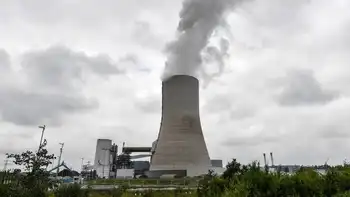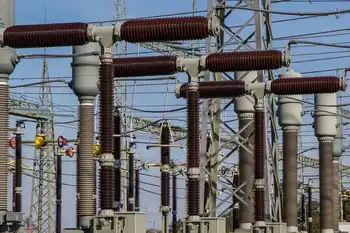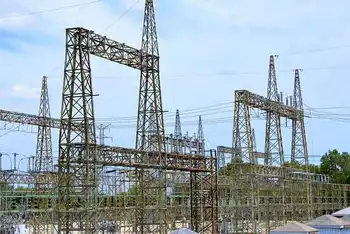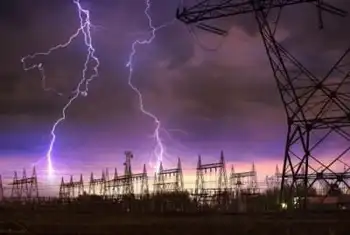French nuclear power struggles in a cold snap
But the system also has shortcomings, as became evident when a cold snap sent electricity demand soaring.
RTE, the state-controlled electricity distribution network, is warning of possible blackouts in some regions because of unseasonably cold temperatures. “The electrical system is strained,” the group said in a recent press release. Although France frequently exports surplus power to neighboring countries, in recent days it has had to import from Germany.
A key reason for the problem is that eight of the country’s 58 nuclear reactors, all run by state utility Electricité de France, are shut down for maintenance and refueling. Why not schedule such routine tasks in spring or autumn, when demand is lower? Well, that was EDF’s plan – but the schedule was disrupted because of worker protests at some plants.
ThatÂ’s not the only problem. EDF has forecast that France this year will produce 9% less nuclear power than it did in 2008, mainly because of unscheduled shutdowns for repairs. As many as one-third of the utilityÂ’s reactors have been out of service simultaneously this year. EDFÂ’s new boss, Henri Proglio, admits that the systemÂ’s reliability has suffered in recent years because of under-investment in maintenance and new technologies.
At the same time, the countryÂ’s relatively low electric rates have encouraged consumers to use more electricity. Some 7 million French households have electric heating, far more than any other European country. When the temperature drops, quite naturally, they crank up the heat.
Is nuclear power to blame for these difficulties? Strictly speaking, no: Gas and coal-fired plants also can be unreliable if they arenÂ’t properly maintained. But FranceÂ’s near-total dependence on nuclear reactors, which require more-meticulous care and have to be restarted gradually after shutdowns, makes it especially vulnerable to such problems.
Related News
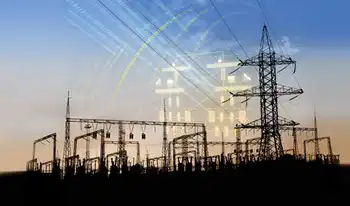
Nova Scotia regulator approves 14% electricity rate hike, defying premier
HALIFAX - Nova Scotia regulators approved a 14 per cent electricity rate hike on Thursday, defying calls by Premier Tim Houston to reject the increase.
Rates will rise on average by 6.9 per cent each year in 2023 and 2024.
The Nova Scotia Utility and Review Board (UARB) issued a 203-page decision ratifying most of the elements in a settlement agreement reached between Nova Scotia Power and customer groups after Houston's government legislated a rate, spending and profit cap on the utility in November.
The board said approval was in the public interest and the increase is "reasonable and appropriate."
"The board cannot simply…

